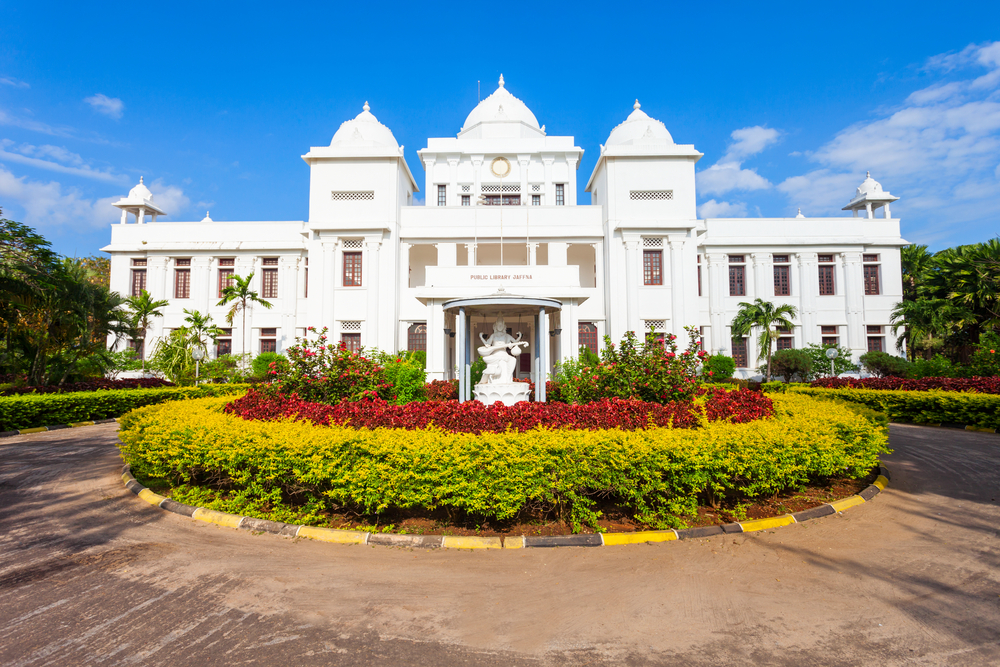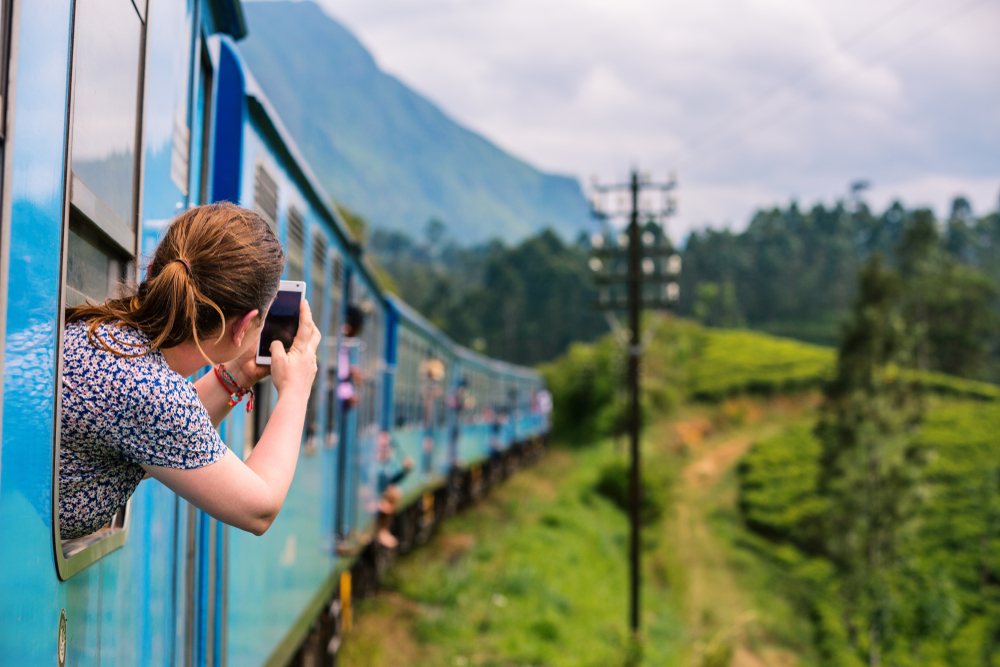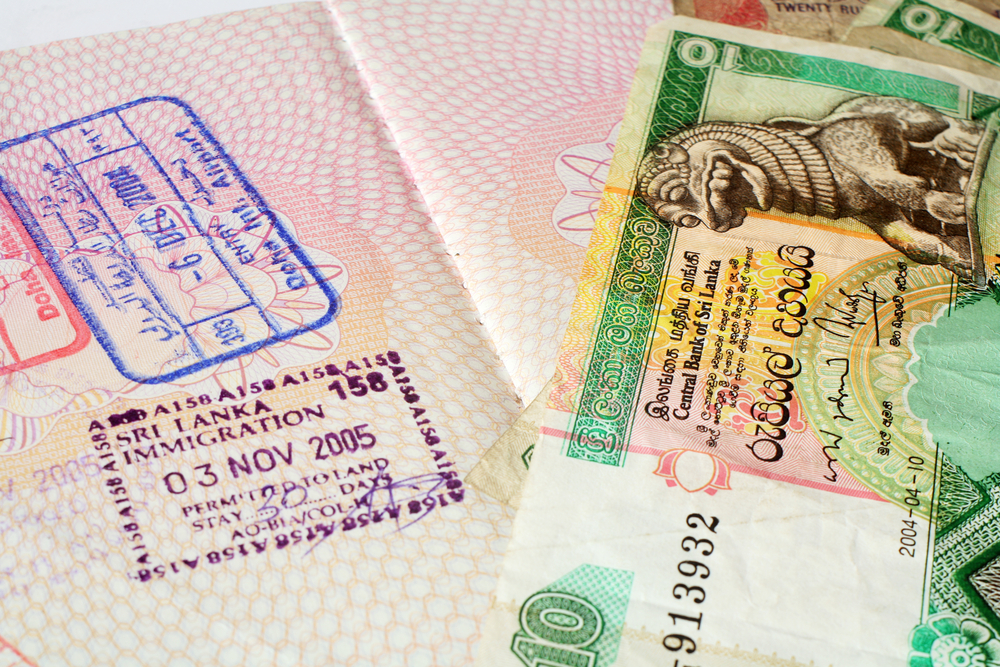In 2019, Sri Lanka is known as one of the most peaceful and tourist-friendly destinations in Asia, perfect for all kinds of travelers. So, let’s try to learn more about the actual political regime and safety situation in Sri Lanka.
With the end of the civil war, the whole of the country was united once more under the leadership of President Mahinda Rajapaksa, and peace had come to all, which totally changed the political climate in Sri Lanka for the better. Soon after the civil war, the new regime took an active role in promoting Sri Lanka’s peacetime to bring in foreign investments and tourism back into the country.
Further focus and extra measures were taken to facilitate the development in tourism when president Maithreepala Sirisena assumed office in January 2015. This effectively created a big boom in tourism, which now brings more than 2 million visitors annually. This is forecasted to double in 2019. All this has caused the Sri Lankan government to go a few extra miles to make sure that the tourists are well taken care of and has set standards for local travel agencies, all for the betterment of tourists.
Sri Lanka now is one of the safest countries for tourists and crime against foreign travellers is something virtually non-existent. The locals are peace-loving folks, always willing to help others in times of need. If there is anything suspicious or if you want some extra help with anything, the police officers on patrol are very friendly and always there to help. You could also dial 119 in case of an emergency, as matters regarding tourists are taken very seriously. The political climate in Sri Lanka has never been better for the foreigners or locals since the country gained independence from British rule in 1948.

Laws, Do’s & Don’ts in Sri Lanka
There are not too many laws & regulations in Sri Lanka that prohibit a tourist from doing anything that a local can. Most of the do’s and don’ts are common sensibilities towards any decent human being.
Do’s in Sri Lanka
- Keep your passport with you at all times when you go for a walk or travelling.
- Definitely try to add visiting the Tea country to your itinerary. Witnessing the grand view of mountains covered in tea plants will be a sight to remember.
- Try to know the average prices of products & services before trying. You may get overcharged if you don’t know your prices.
- If you’d like to take a picture of a local, make sure you ask for their permission. Usually, they love to pose for pictures.
- The most famous local dish in Sri Lanka is Rice & Curry. Try this at least a few times in different places to get a close authentic experience of Sri Lankan culture.
- Sri Lanka is world famous for its magnificent tea & spices. Have a few good cups of tea while you are in the country.
- The best way to witness the scenic beauty and culture of the country is to travel by train. If this proves to be difficult for you, you can always use a tuk-tuk, a bus or a taxi.

- If you happen to visit a holy place of any faith, remove your headgear, footwear, and dress appropriately.
- Definitely include visiting Sigiriya, also known as the “Fortress in the Sky”. Fondly named the 8th Wonder of the World, climbing the Sigiriya rock is an unparalleled experience, a place which redefines the limitlessness of human willpower in accomplishing the impossible.
- Try local food and talk to the locals. These encounters will make you smile even years later.
- Most importantly, enjoy your time in Sri Lanka!
Don’ts in Sri Lanka
- Hate speech, racism or disrespecting religion is something that will have consequences. This is a definite “Don’t”.
- Do not wear articles of clothing that has religious symbols imprinted or has images of Lord Buddha.
- When taking photos in front of statues, do not turn your back to the statue. It’s considered disrespectful.
- Do not compare Sri Lanka with India. The two countries are completely different. It’s similar to comparing Scotland to England.
- Don’t eat with your left hand. It’s considered inappropriate. Use your right hand.
- Do not smoke/drink in public places as it may subject you to a hefty fine.
- Do not wear too revealing outfits when in public.
Alcohol laws in Sri Lanka

The alcohol laws of Sri Lanka are similar to that of the UK. Drinking in public areas isn’t allowed and you could be fined for it. There are hotel bars and pubs around tourist attractions if you feel the need to drink. In addition, creating a menace while drunk will bring you legal issues and you might get in trouble for public indecency.
The legal drinking age in Sri Lanka is 21. Some alcohol stores may not sell alcohol to women as it was banned to do so for a long time. Although the ban was lifted recently, you may be faced with rejection.
Visa Rules in Sri Lanka

Visa policies in Sri Lanka are pretty straightforward. All passports must be valid for 6 months. Unless exempt, the travellers should obtain visas beforehand. Nationals of Afghanistan, Iran, Iraq, Nigeria, Pakistan, Somalia and Syria must hold return or onward tickets.
If you’d like the visa process to be hassle-free, it’s best to apply online for your visa on arrival that is valid for 30 days.
Can I stay in Sri Lanka for more than 30 days?
If you overstay more than 7 days and up to 30 days, you will need to pay a $25 fee, from 30 days to 3 months – $50 fee. Overstaying for more than 3 months will cause a $100 fine and will lead to blacklisting from returning to the country.
In order to avoid punishment, you should legally extend your touristic visa in case you decide to stay longer.
.
